PROJECTS
- Good Youth Employer Project
- YEA recommendations on proposal to replace NCEA
- Oranga Tamariki (Responding to Serious Youth Offending) Amendment Bill Submission
- Whanaketia clearly demonstrates how inappropriate boot camps are and have been. YEA stands firmly with experts and those with lived experience to advocate for evidence-based, expert-informed, and culturally responsive approaches to youth justice reform.
- Principles of the Treaty of Waitangi Bill Submission
- NELP Submission
- VET Reform Submission
- Gateway Funding Determinations Submission
- White Paper
- Open Letter to Central Government
- Briefing to Incoming Ministers
- Letter to Incoming Ministers
- OIA to Ministry of Social Development
Thanks to the generous support of the Todd Foundation, YEA will create a resource to help businesses provide a working environment that supports young employees to be successful in the workplace. This project will build on work originally undertaken by Tātaki Auckland Unlimited.
RECOMMENDATIONS FOR PROPOSAL TO REPLACE NCEA
The Government’s proposal to replace NCEA is an opportunity to reform the education system to better prepare young people for a rapidly changing, skills-based global economy. To ensure our youth are prepared for the world of work, we need to shift away from traditional qualifications towards developing adaptable, holistic skills—particularly transferable skills such as creativity, problem-solving, and resilience.
These skill competencies need to be embedded across curricula, and work-based learning opportunities need to be available to all students through the creation of inclusive, diverse pathways. We call for significant investment in vocational education, robust industry partnerships, and a comprehensive career guidance framework to ensure all students have meaningful options aligned with industry needs.
Ultimately, we need a flexible, inclusive, and skills-focused education system that equips young people with the confidence, competencies, and resilience necessary to thrive in a dynamic labour market, thereby fostering a future-ready workforce for New Zealand.
Oranga Tamariki (Responding to Serious Youth Offending) Amendment Bill Submission
YEA strongly opposes the Oranga Tamariki (Responding to Serious Youth Offending) Amendment Bill. While we acknowledge the need to address serious youth offending, this Bill represents a misguided approach that will compound the harm to vulnerable young people, undermine their rehabilitation, and fail to address the root causes of offending.
Whanaketia clearly demonstrates how inappropriate boot camps are and have been. YEA stands firmly with experts and those with lived experience to advocate for evidence-based, expert-informed, and culturally responsive approaches to youth justice reform.
PRINCIPLES OF THE TREATY OF WAITANGI BILL SUMBISSION
A key matapono (principal) of the YEA Trust Deed is respect for an implementation of the dual heritage of the partners of Te Titi o Waitangi. The reason being, this acknowledges the foundational partnership between Māori and the Crown, ensuring that the unique identities, rights, and contributions of both Treaty partners are recognized and upheld.
This commitment fosters equity, inclusion, and mutual respect, which are essential for creating meaningful opportunities for all youth, particularly rangatahi Māori, and reflects YEA's dedication to building a future where Aotearoa's dual heritage enriches its social and economic fabric.
We are deeply concerned about the potential consequences of this Bill on rangatahi Māori. Our submission outlines YEA's opposition to the Principles of the Treaty of Waitangi Bill.
NELP SUBMISSION
Proposal to remove the NELP provisions from legislation
The Government is proposing to remove the statement of National Education and Learning Priorities (NELP) from the Act and related regulations for early learning, primary and secondary education.This would mean that NELP 4, Future of Learning and Work, and Priority 7, Collaborate with industries and employers to ensure learners/ākonga have the skills, knowledge and pathways to succeed in work, will disappear as a requirement.
YEA has submitted on this proposal, you can read our submission by clicking the link below:
The future of learning and work is vital in secondary schools for several reasons:
Increased Engagement: It bridges the gap between classroom knowledge and real-world applications, helping students understand how their education applies to future careers. Understanding the relevancy of what they are learning, drives engagement, which in turn drives attendance. Work-readiness learning in schools through programmes of learning, such as Gateway, Trade Academy, or the School Leavers' Toolkit classes, contextualises and provides meaning and purpose to studies. Student engagement rates increase when they can relate their studies to real-world applications. Greater engagement rates will contribute to the Government's attendance targets for schools.
Career Exploration: It provides opportunities for students to explore different career paths, helping them make informed decisions about their futures. The TEC 2020 report, Transitions from Secondary Schools, showed that our young students are suffering from increased anxiety levels due to a lack of sufficient and/or appropriate careers support. Schools in New Zealand need to be better equipped to support career guidance for their students. Research consistently show the multifaceted fiscal and actual advantages of extensive career education and guidance programmes. This research also highlights the role effective programmes have in improving post-secondary transitions, fostering informed career decisions, as well as enhancing attendance, engagement, and academic achievement.
Skill Development: Through work-readiness programmes, students gain practical skills and competencies that are highly valued by employers, such as teamwork, communication, and problem-solving. Work-based learning in particular fosters essential soft skills, such as critical and creative thinking which are crucial in any workplace and which studies are showing to be of greater importance with the advent of AI. Almost two-thirds of children in primary school will end up employed in roles that don't currently exist. With AI creating job displacement and threatening to outstrip workers' ability to adapt, schools need to be equipped to prepare their students for this rapidly changing environment.
Local Community Involvement: The future of learning and work programmes strengthen ties between schools and local businesses, fostering a sense of community and collaboration. Students can build professional connections, which can be beneficial for internships and job placements later on, and local businesses can generate a pipeline for their future workforce.
Reducing Unemployment and Underemployment: Our education system must cater to the 60-70% of students not on the pathway to tertiary studies to ensure they do not become NEETs. The intention of NELP 4 must be embedded in our education system to ensure that the Government can reach its targets of reducing Jobseeker numbers. Otherwise, the 50,000 jobseekers will be replaced by the next generation of NEETs.
VET REFORM CONSULTATION
YEA has submitted on the proposed reforms to the VET system. To read our submission, click the link below.
FUNDING DETERMINATIONS FOR THE GATEWAY PROGRAMME SUBMISSION
YEA along with the Driving Change Network, YEA submitted to Government on the Proposed Variations to funding determinations for the Gateway Programme
YEA objected to the proposed conditions in section 23.a (i) which state;
The TEC must attach to funding a condition that a school that receives funding under this funding mechanism:
a. must not use funding provided under this funding mechanism to:
(i) fund driver's license training, except where a student is required to obtain a specific class of driver's license to complete the workplace learning programme.
YEA argued that a driver licence should be funded under this programme regardless of requirements for a specific class of driver licence, and we therefore asked that this condition be removed. You can read our submission letter here:
The YEA White Paper will demonstrate to Government the need for changes to how it partners with the NGO sector to deliver work-readiness for NEETs (youth not in employment, education, or training). Drawing on the existing research and impact reports from the NGO sector in Aotearoa, and augmenting this with international research, the paper will, first, create a snapshot of the "state of the nation", second, provide a framework for good youth employability training for NEETs, third, make recommendations for how Government should work alongside and financially support the NGO sector to deliver effective work-readiness training and support that will ensure sustainable employment for our young people.
Our Youth Intern from Victoria University of Wellington, Holly Duff, will lead the research work.
Collectively we call on the Coalition Government to ensure employability training is delivered to all high school students
YEA leads a systems change initiative to support the delivery of employability training, driver licencing, and professional career advice in schools that will ensure all young New Zealanders thrive in the changing world of work.
The below is our Open Letter to the Coalition Government. This was delivered to Hon. Matt Doocey, Minister of Youth, at Parliament on Tuesday 28 May.
At the start of 2024, YEA sent the following BIM along with a letter to the new ministers to inform them of our purpose, vision, and requesting a meeting. These were sent to the following ministers:
- Prime Minster, Christopher Luxon, National
- Minister of Education, Erica Stanford, National
- Minster for Tertiary Education and Skills, Penny Simmonds, National (outside Cabinet)
- Minister for Social Development and Employment, Hon Louise Upston, National
- Minister for Social Investment, Nicola Willis, National
- Minister for Youth, Matt Doocey, National
- Minister for Children, Karen Chhour, ACT (outside Cabinet)
- Associate Minister for Finance, Chris Bishop, National
- Associate Minister for Education (Partnership Schools) David Seymour, Act
 |
BRIEFING PAPER FOR NEW MINISTER |
YEA represents the interests of the youth employability sector, including NGO programme providers, employers, and local government.
We call on the Coalition Government to ensure our youth are work-ready by creating clear guidelines for schools to deliver outcomes on NELP Objective Four: Future learning and work.
Our education system needs to prepare young people for the world of work for the following reasons:
*stats from TEC, MSD & DCN
 |
|
One in five school leavers only achieve NCEA Level 1 or lower |
 |
|
60% of school leavers transition without University Entrance |
 |
|
82% of school leavers have work or caring responsibilities outside of school |
 |
|
70% of jobs require at least a restricted driver licence but only 24% of young job seekers aged 18-24 have a restricted or full licence |
 |
|
A lack of understanding how to navigate career pathways contributes to nearly one in four youth suffering from high levels of anxiety, fatigue, and depression |
 |
|
The NEET rate increased in 2023 to 12.1% |
.png?202402062254) |
|
Only 45.9% of high school students met the criteria for regular attendance at school during term 3, 2023 |
.png?202402062255) |
|
The YEA network has the expertise, experience, and willingness to support school students to be work-ready |
|
VISION All young people in Aotearoa develop the skills and confidence to thrive in the changing world of work PURPOSE YEA (Youth Employability Aotearoa) exists to ensure all young people in Aotearoa between the ages of 13 and 30 have the skills and confidence to thrive in the changing world of work. Its mission is to create a collective voice leading systems change for Youth Employability in Aotearoa. |
YEA and its network of providers are committed to working collectively to achieve systems change that will realise our vision that all young people develop the skills to thrive in the changing world of work.
EDUCATION
YEA is calling on the government to ensure New Zealand youth are work-ready. We believe the Statement of National Education and Learning Priorities (NELP) Objective Four, Future of learning and work, is not currently being delivered to most school students. NELP Four needs a framework and resources to enable schools to deliver outcomes, and needs to support them to do so effectively. Effective delivery of NELP Four would include employability training, work exposure, experience, and good career guidance.
EMPLOYERS
Employers are struggling to hire young staff who are work-ready. Many employers are less concerned with NCEA results than they are with young employees’ ability to communicate appropriately, manage their time effectively, and demonstrate resilience. Our Network is ready and willing to work with the Government to address the concerns the business sector has with the disconnect between their needs and the training and education of New Zealand youth.
SECTOR FUNDING
We need to take a hard look at the way we deliver services that support young people to access and choose work, instead of transitioning to welfare or crime. There are incredible organisations in our network, but the funding model is flawed. We have a siloed, ad-hoc, short-term model that lacks transparency, accountability, and standards of excellence. YEA would like to work with the Government to tackle this issue and avoid wastage of public funds, thereby preventing the cycle of beneficiaries falling in and out of employment. YEA would like to support good policy and decision-making by providing up-to-date intel from our sector to central government. We will be working with our partners within ministries to do this, including MOE and MSD.
|
Rt Hon Christopher Luxon
Youth Employability Aotearoa (YEA) would like to congratulate you on your party’s success in the election. We are a collective of national and regional organisations and networks leading youth employability initiatives. In line with the view that prudent social investment is critical to transforming New Zealand, we’d like to meet with you to discuss a couple of common-sense policy improvements that could make a significant difference to the long-term outcomes for our young people. These are outlined below. Young people need to leave school with the skills for work to avoid becoming NEET statistics and perpetuating cycles of unemployment and crime. Businesses need pipelines of local talent if they are to be successful and grow the economy. It is critical that we integrate employability training into our schools to prepare our young people to be contributing members of society. We would like to discuss how our sector can support education to employment outcomes so that high schools can deliver on NELP Objective Four: Future learning and work. Early investment in these skills will ultimately lead to better outcomes for our young people and our communities, while also saving the taxpayer money in the longer term. We need to take a hard look at the way we deliver services that support young people to access and choose work, instead of transitioning to welfare or crime. There are incredible organisations in our network, but the funding model is flawed. YEA sent an OIA to the Ministry of Social Development under Labour’s leadership and discovered that there are no decision-making tools (for example, frameworks or matrices) to determine funding for organisations placing youth into employment. This has led to an ad-hoc funding model that lacks transparency, accountability, and standards of excellence. YEA would like to work with the Government to tackle this issue and avoid wastage of public funds, thereby preventing the cycle of beneficiaries falling in and out of employment. YEA would like to support good policy and decision-making by providing intel from our sector to central government and we will be working with our partners within ministries to do this, including MOE and MSD. We are calling on the Government to include integrated employability training in schools, and a review of the funding model that underpins our sector. We request an opportunity to meet with you to discuss these issues at your earliest convenience. Please do let us know if meeting is something you are interested in, and we will be in touch with your office to arrange a time. Kind regards / Nā māua noa, nā Emma Anderson |
In August 2023, YEA sent an OIA request to the Ministry of Social Development to better understand the decision-making process taken when creating contracts with third parties to place youth and or NEETs into employment. Anecdotally, we are aware that funding ranges from between $2.5k and $10k per employment outcome. YEA argues that the ad-hoc funding model lacks transparency, accountability, and standards of excellence, we'd like to work with the government to ensure our sector receives appropriate, multi-year funding that enables programmes to place youth into sustainable employment, retain quality staff, and work effectively with business partners to create thriving local economies.
